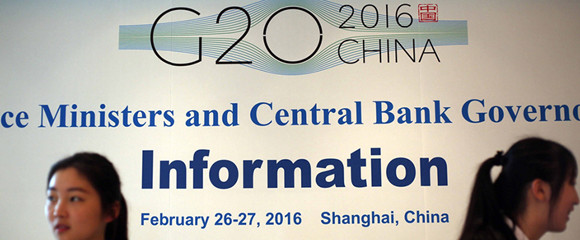Breast cancer deaths fall, but cases rising
Updated: 2016-05-09 08:27
By Shan Juan(China Daily)
|
|||||||||
China could have 2.5 million people with the disease in 5 years
The breast cancer mortality rate has started to fall in China, thanks to improved early detection and treatment, according to a leading specialist - but the disease is still on the rise.
Jiang Zefei, a breast cancer expert with the 307 Hospital of the People's Liberation Army, made the remarks at an awareness-raising event, Run for Her, at the Juyongguan section of the Great Wall on Friday.
More than 300 volunteers, including breast cancer survivors, participated in the activity organized by the Chinese Anti-Cancer Association and Shanghai Roche Pharmaceuticals that was aimed at rallying more support for cancer patients.
Statistics from the nation's cancer registry compiled by the National Health and Family Planning Commission showed the incidence of breast cancer increased at an average annual rate of 3 percent in recent years to almost 43 people in every 100,000.
Last year, there were 272,000 newly detected cases, according to the cancer registry. If the trend continues, China can expect to have 2.5 million breast cancer patients by 2021, with the incidence rate increasing to 100 people in every 100,000.
"While the incidence rate of breast cancer has been shrinking in Western countries - the traditional high-burden countries - it is on the rise in China and has become the top cancer type among women here," Jiang said.
In Shanghai where the capacity to diagnose and treat is above the national average, the incidence rate for breast cancer is now three times what it was in 1972, according to Shao Zhimin, a professor at Fudan University Shanghai Cancer Center.
He said the reasons for the increase in cases include changes in lifestyles, living conditions, diets and the urbanization of cities, as well as marriages and childbearing later in life.
On the positive side, Jiang said early detection and enhanced treatment had meant more people were now surviving the disease.
Among patients in whom the cancer was caught early on, the five-year survival rate could be as high as 90 percent in large cities, he said.
"Early detection and treatment is the key," he said.
He suggested women aged 25 and older have regular breast cancer screenings.
The specific type of screening varies according to age: Women older than 40 should have a mammogram, a widely available diagnostic and screening tool that uses low-energy X-rays to examine the breasts.
He said these should be carried out once a year. For younger women, an annual B-scan is better. A nuclear magnetic resonance test could be carried out if initial tests find something is potentially wrong, he added.
In China, the average age at which women are diagnosed with breast cancer is between 45 and 55, which is younger than in the West, according to the cancer registry.
In addition, 5-10 percent of patients have a family history of breast cancer, Jiang said. Women who have two blood relatives with breast cancer - such as a mother or aunt - are at greater risk.
Related Stories
Society: Buses offer breast-feeding space 2016-03-30 11:30
Compound in broccoli slows cancer cell growth in breast cancer: new study 2016-02-15 14:08
US panel recommends biennial breast cancer screening starting at age 50 2016-01-13 16:59
Breast milk banks save infants 2016-01-04 07:57
New subway stations to include room for breast-feeding moms, babies 2015-12-03 18:21
Micro blog shuts down after it criticizes breast-feeding mom 2015-12-01 07:39
Today's Top News
Search widens for leading overseas professionals
60% of career women say no to second child: report
Testing times
Big hopes as China hosts the G20
Inspectors to cover all of military
Britons embrace 'Super Thursday' elections
Campaign spreads Chinese cooking in the UK
Trump to aim all guns at Hillary Clinton
Hot Topics
Lunar probe , China growth forecasts, Emission rules get tougher, China seen through 'colored lens', International board,
Editor's Picks

|

|

|

|

|

|







